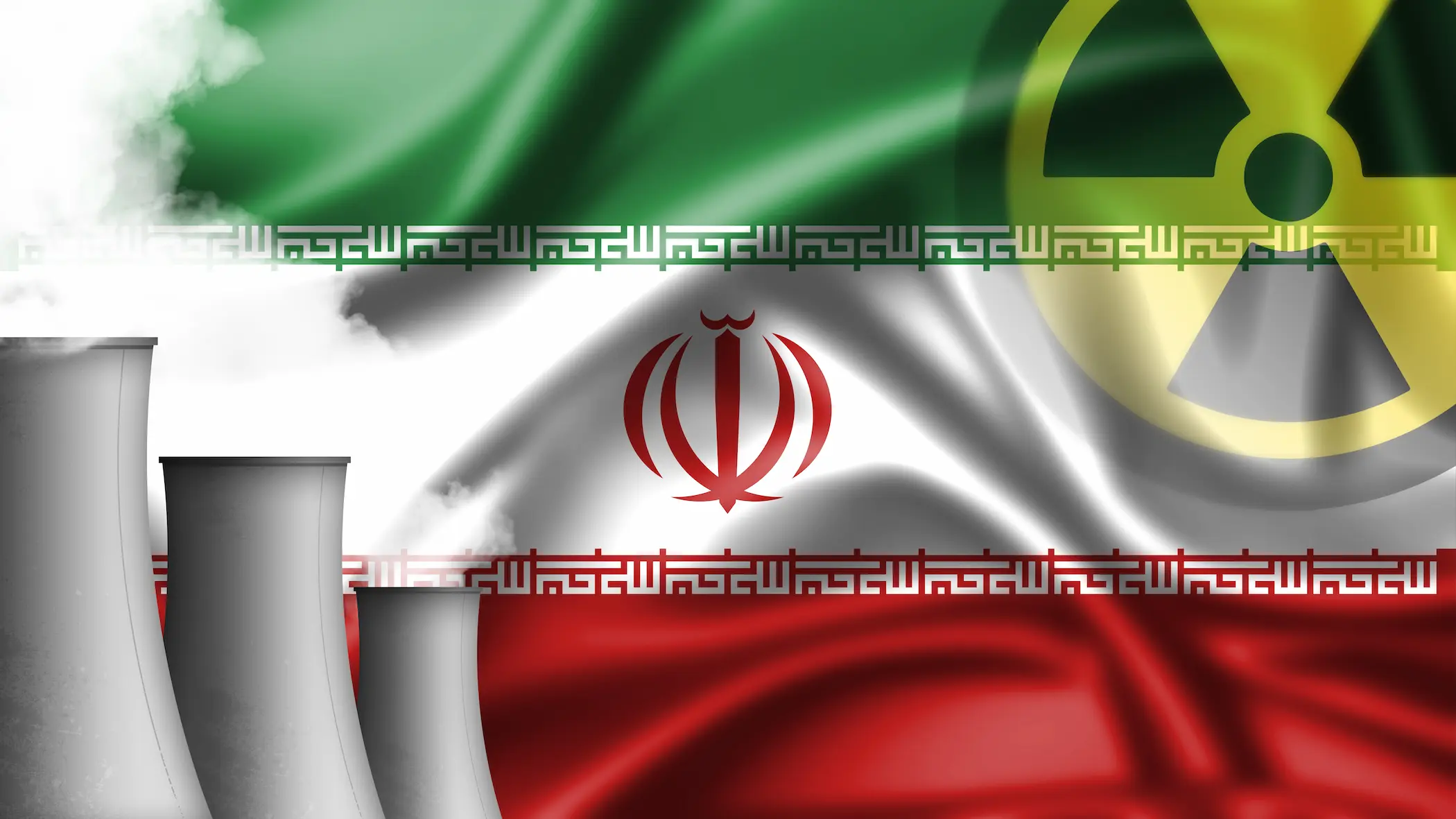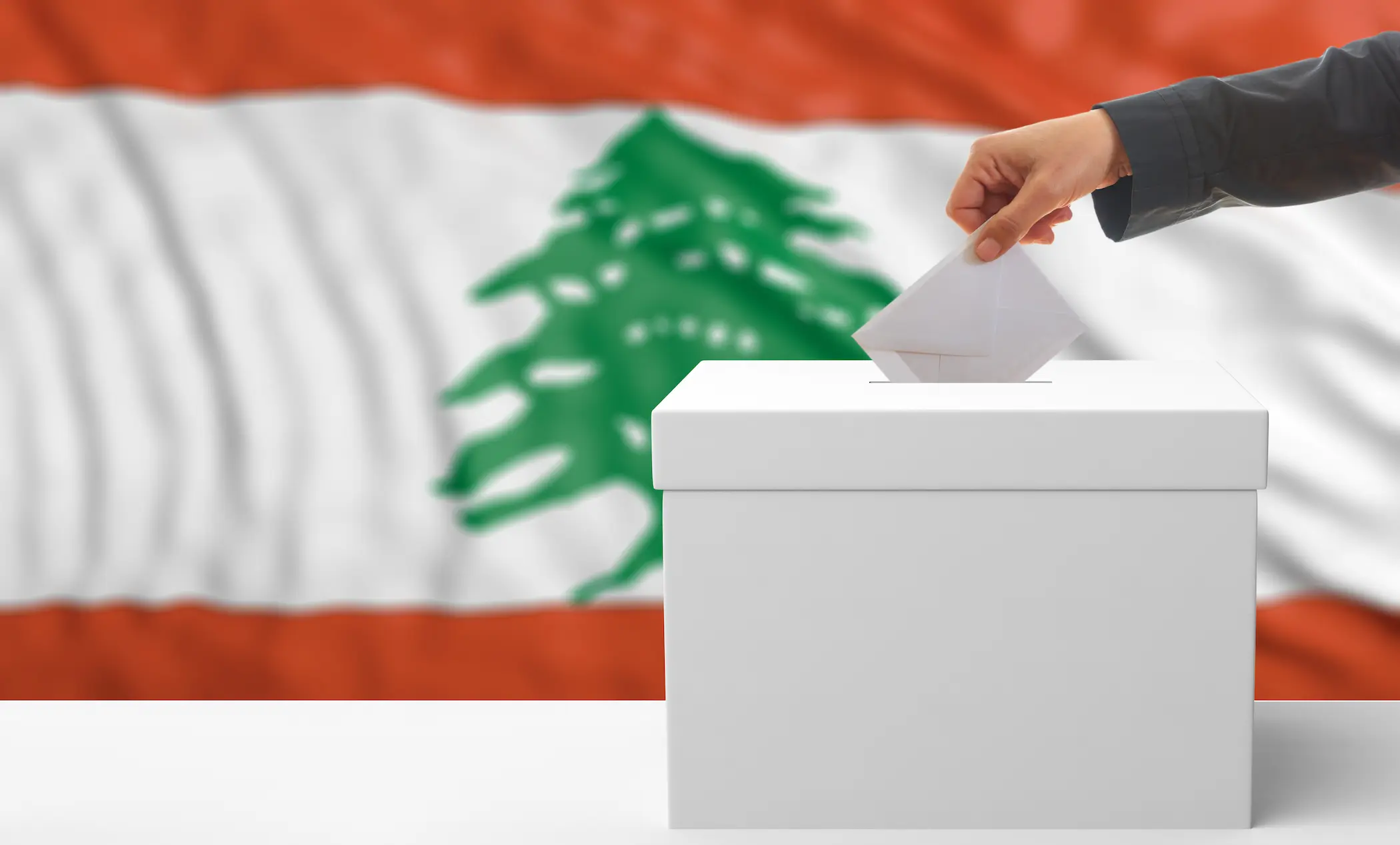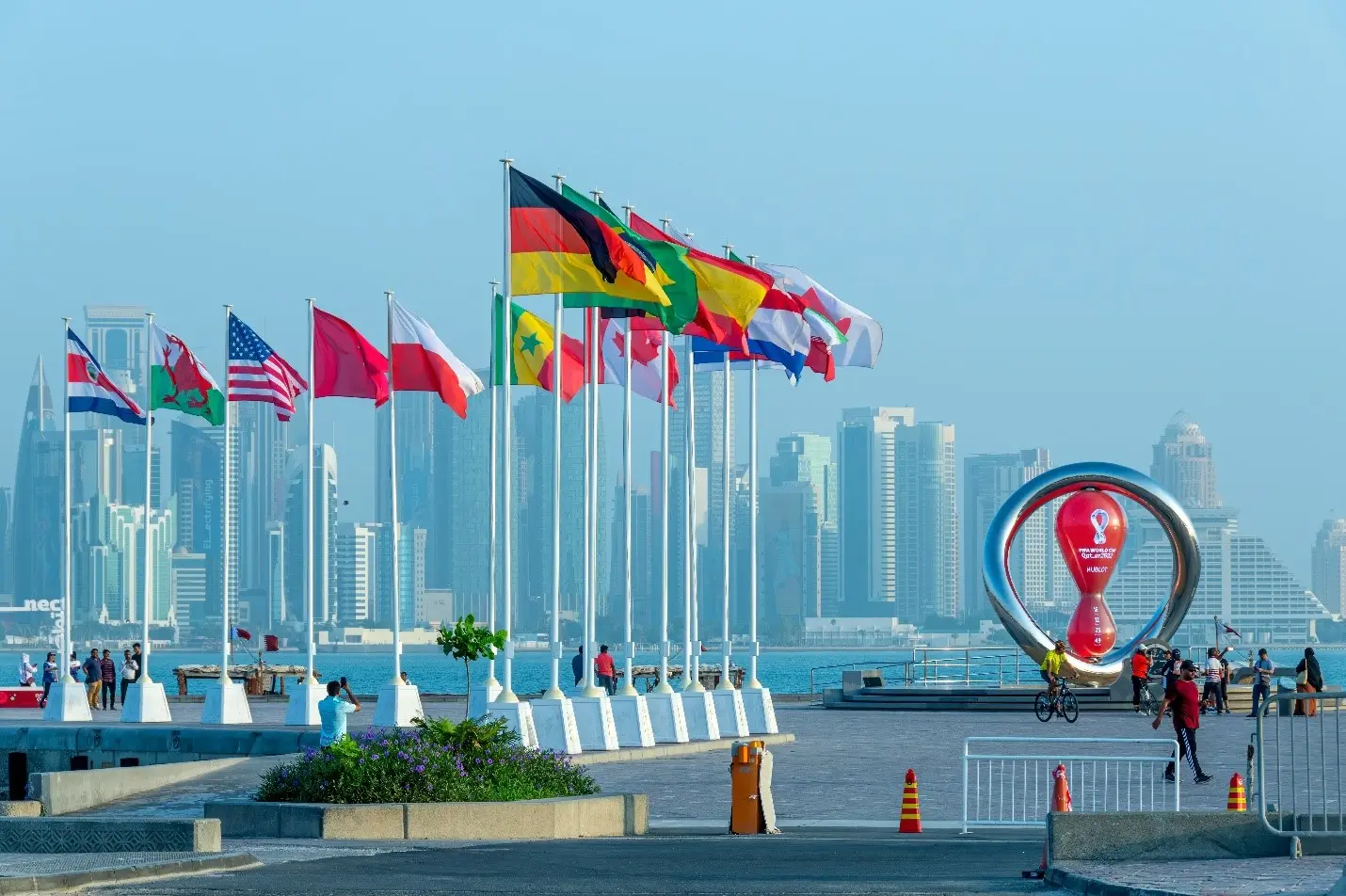13 Jul 2025
Iran’s Enriched Uranium: A Potential Flashpoint for A Renewed Conflict
Recent military strikes on Iranian nuclear facilities have reignited global concerns over Tehran’s nuclear ambitions. Over 12 days, the region witnessed a direct military confrontation between Iran and Israel, accompanied by U.S. airstrikes on critical sites in Natanz, Fordow, and Isfahan. Iran responded by launching retaliatory attacks on the Al Udeid Air Base in Qatar.
While Washington declared the “complete destruction” of Iran’s nuclear infrastructure, subsequent assessments suggest these operations fell short of their strategic goals. Key elements of the Fordow facility, including vital centrifuge systems, remained partially operational, preserving a significant portion of Iran’s nuclear capability.
Growing uncertainty surrounds the fate of Iran’s highly enriched uranium, particularly after the International Atomic Energy Agency reported that approximately 400 kilograms of uranium enriched to 60% are unaccounted for—a volume theoretically sufficient to produce multiple nuclear warheads. Iranian authorities acknowledged relocating this material to “secure locations” ahead of the strikes. However, Western intelligence sources indicate that locating and neutralising these hidden stockpiles through military means remains exceedingly difficult.
This ambiguity intensifies the risks of nuclear proliferation and grants Tehran a potent strategic asset in any future diplomatic negotiations, while keeping the spectre of renewed military escalation ever-present.
Given these circumstances, Iran’s nuclear programme appears to have endured only a temporary disruption. Tehran retains the technical expertise and human infrastructure necessary to reconstruct its facilities and resume enrichment efforts. As such, the unknown status of the enriched uranium now emerges as a critical variable that could shape the region’s security landscape. Should Iran revive its nuclear activities—or should external actors attempt to strike these undisclosed caches—the result could be a new flashpoint in the ongoing confrontation between Iran and Israel.
This analysis examines the disparity between political declarations proclaiming the end of Iran’s nuclear threat and the ground realities that suggest its persistence. It explores the strategic implications of enriched uranium remaining outside international oversight, as well as the broader consequences for regional stability and the evolution of conflict in the Middle East.
10 Jul 2025
Sports Diplomacy and the Reduction of Global Political Tensions
Sports diplomacy is not something new. It can be traced back to the ancient Olympic Games, when Greek city-states suspended conflicts to compete peacefully. The modern Olympic movement, revived in 1896, was based on similar principles of fostering global unity. However, sports have also been used to serve political agendas, such as the 1936 Olympics in Berlin, during which Nazi Germany turned the games into a propaganda tool. In other cases, sports played an important diplomatic role to ease tensions between countries. The Ping-Pong diplomacy, for instance, facilitated communication between the U.S. and China in 1971, which later paved the way for President Richard Nixon’s historic visit in 1972. This analysis explores how sports diplomacy contributes to easing political tensions between countries.
8 Jan 2025
Back to Square One: Will the Presidential Vacuum in Lebanon Come to an End?
Lebanese Parliament Speaker Nabih Berri reiterated his call for a general session of Parliament on Jan. 9, 2025, to elect a new president as Lebanon’s presidential vacuum stretches into its third year. This call comes amid an ongoing crisis that began on October 31, 2022, following the end of former President General Michel Aoun's term. Aoun’s departure marked the conclusion of a previous presidential vacuum that lasted for 29 months, during which 45 attempts to reach a quorum for his election were unsuccessful. In the current vacuum, Parliament has failed to elect a president after twelve sessions, the most recent of which was held on June 14, 2024. This series of unsuccessful attempts highlights the profound complexities of Lebanon’s political process.
Recent domestic initiatives aimed at resolving the presidential vacancy and reaching a consensus on a candidate have also faltered. Meanwhile, representatives from five key countries, the United States, France, Saudi Arabia, Egypt, and Qatar, continue their efforts to mediate and navigate the obstacles hindering Lebanon’s political forces from agreeing on a mechanism to address the protracted vacancy crisis.
Amid persistent uncertainty surrounding the identity of Lebanon’s next president, political circles have been actively circulating the names of potential candidates. Among these, Commander of the Lebanese Army General Joseph Aoun, has emerged as a strong contender and is widely viewed as a likely consensus candidate.
The upcoming parliamentary session has ignited significant hopes that it may produce tangible results and lead to the selection of a new occupant for Baabda Palace. However, this optimism is tempered by pressing questions about whether Lebanon’s political forces can overcome their divisions, resolve the presidential vacuum, and converge on a candidate amidst the shifting political dynamics within Lebanon and across the region.
29 Mar 2023
Sports Diplomacy: How Do Sports Events Enhance the Reputation of Countries?
The FIFA World Cup in 2022 in Qatar garnered more attention from the international community due to Qatar's ability to change perceptions of it as a nation capable of hosting the biggest sporting events. Many countries have recently sought to host international sports events in an effort to enhance their posture diplomatically, improve their reputation as well as shore up their position within the international community. To that end, “Sports Diplomacy” has been used to achieve understanding and peace among nations and promote the countries’ political and ideological goals. On the other hand, countries exploited sports as an approach aiming at asserting the superiority and strength of the state; for instance, the 1936 Olympic Games were held in Germany, and the 1934 FIFA World Cup was held in Mussolini’s Italy. In other cases, sports played a more constructive role in the 1990s, representing an opportunity for South Africa to surpass the apartheid era and look forward to a better future. For China, sports have played a role in introducing an open policy and a more influential economy.
A state’s reputation is one of the key factors affecting its international relations, as it reflects its global image, influencing its recognition and interaction with other countries. With sports diplomacy, states could carry out several interests, such as boosting diplomatic ties with other states, raising the degree of understanding and cooperation among people and governments, and improving the state's public image globally. In other words, sports diplomacy is an effective tool for attaining diplomatic goals and promoting the state’s reputation worldwide. This analysis seeks to shed more light on the link between sports diplomacy and the state’s reputation and how the state’s stance in the international community is enhanced by sports diplomacy.



